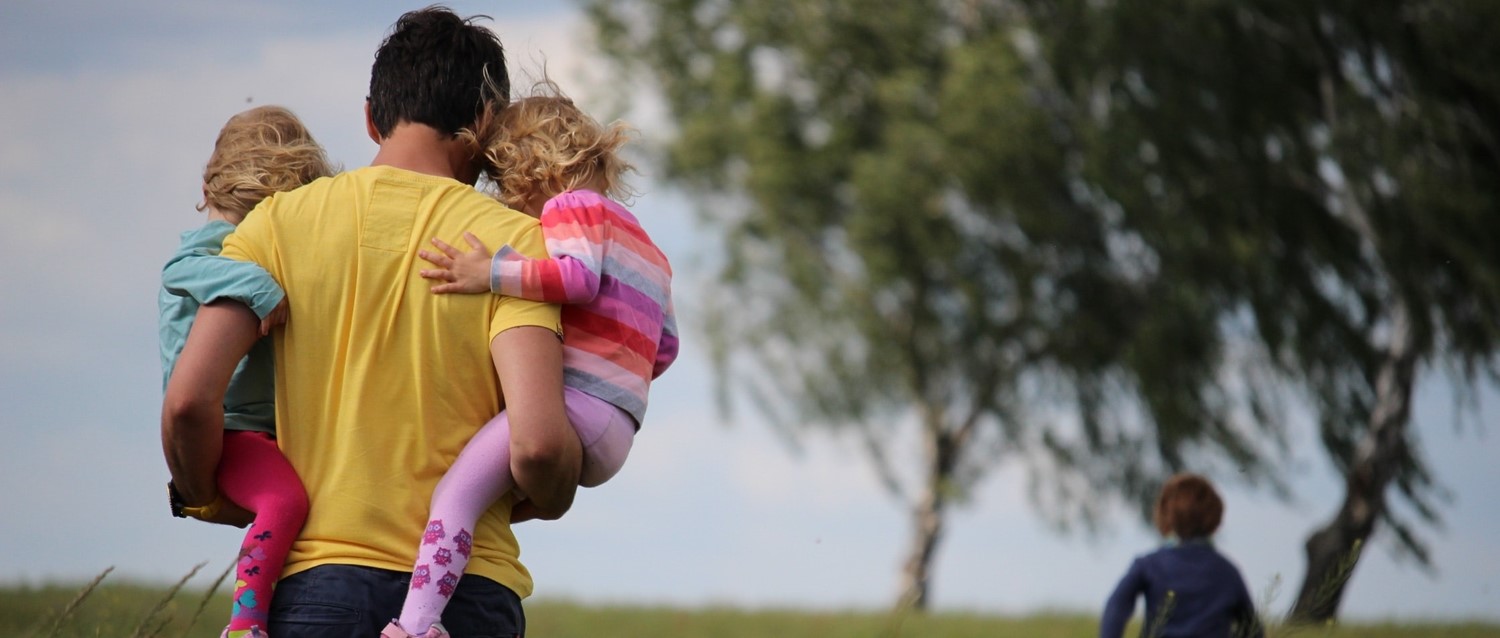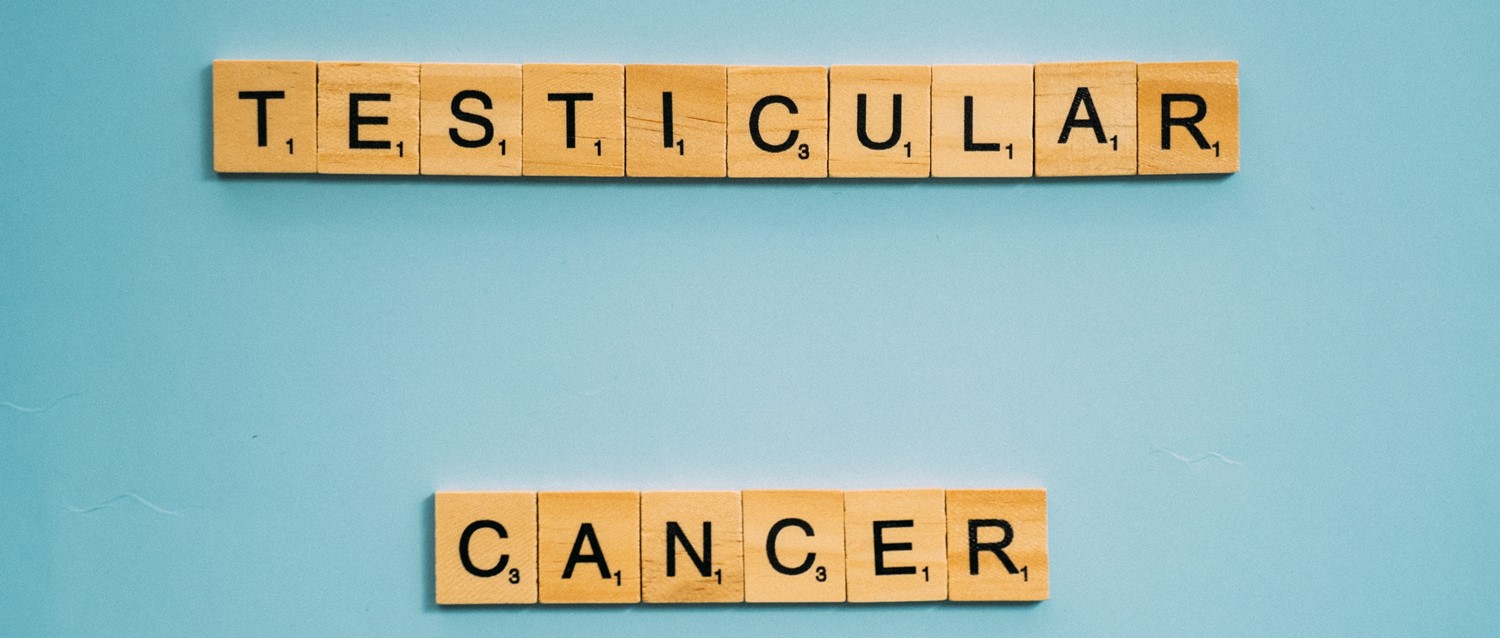
Does testicular cancer affect your fertility?
Peer reviewed by Dr Sarah Jarvis MBE, FRCGPLast updated by Amberley DavisLast updated 10 Nov 2021
Meets Patient’s editorial guidelines
- DownloadDownload
- Share
- Language
- Discussion
Testicular cancer has one of the highest survival rates of all cancer types, but the implications for male fertility vary depending on the type of treatment given.
In this article:
Video picks for Testicle conditions
Continue reading below
How common is testicular cancer?
Testicular cancer can occur in men of all ages, but it is much more common in younger men, with an average age of just 28 years. Fortunately, this form of cancer remains rare and according to Testicular Cancer UK survival rates are over 95%.
The early age at which most testicular cancers occur means that a high percentage of men are diagnosed with testicular cancer before they have fathered children. Unfortunately, younger men are also less likely to check their own testicles or to seek medical advice from their GP. This can impact their treatment options, which depend on both the stage and the type of the cancer.
Testicular cancer treatment options affect fertility outcomes
Back to contentsDifferent testicular cancer treatment options can affect your fertility to varying degrees, either temporarily or permanently. Before you start treatment, your doctor will discuss this with you. If there is a likelihood of decreased fertility, you might be able to preserve your sperm in a sperm bank beforehand.
The three main types of treatment are:
Surgery.
The type of treatment you receive depends on the stage and type of testicular cancer.
Seminoma germ cell tumours (GCTs)
These tumours usually grow more slowly but some can be rapid. GCT can be treated by surgical removal of one or both testicles, but if GCT spreads from the testicles it is usually best treated with chemotherapy and/or radiation therapy.
Non-seminomatous germ cell tumours (NSGCTs)
NSGCTs are variable and there are four main subtypes. Some subtypes, like teratoma, are resistant to chemotherapy and radiation therapy and are best treated with surgery. In contrast, the subtype - yolk sac carcinoma - responds well to chemotherapy.
Stromal tumours
These tumours are more rare and develop from the supportive tissues around the germ cells in the testes. They can also be treated through surgery.
Continue reading below
Does having a testicle removed affect testosterone?
Back to contentsHaving a testicle surgically removed is known as an orchidectomy. Most men with testicular cancer have just one testicle affected, and removing one testicle rarely affects their ability to have children.
According to Cancer Research UK, for a small percentage of men their remaining testicle might not be healthy enough to produce the adequate amount of testosterone and sperm, and this could reduce their fertility.
Some men may have cancer in both testicles and need to have both removed. In this scenario, they will lose their ability to father children.
Very rarely, lymph glands need to be removed from the abdomen to treat NSGCT. The surgery can cause retrograde ejaculation, where ejaculation of semen and sperm goes in a backward direction into the bladder. While this means that having children through natural sex will no longer be an option, it may be possible to take sperm directly from the testicles and inseminate partners through in vitro fertilisation (IVF).
Fertility after chemotherapy
Back to contentsIn most men, chemotherapy causes temporary infertility by diminishing the sperm count in the testicles. How quickly this recovers after treatment varies from person to person and can be anywhere between 18 months and 5 years. Factors include:
The type of chemotherapy.
The amount of chemotherapy.
A man's sperm count prior to chemotherapy.
During recovery, men can ask for their sperm count to be checked. It's important to remember that every man is different. It's even possible that men who have a low sperm count when they're diagnosed can then see an improved sperm production following successful treatment, according to Macmillan.
This said, the opposite can be true for some men who never recover their fertility. This is most likely due to having a very high dose of chemotherapy with stem cell support.
Continue reading below
Radiotherapy for testicular cancer
Back to contentsRadiotherapy treatment does not usually cause infertility, but it does carry a risk. During treatment, radiotherapy beams are most often directed at the lymph nodes in the middle of the stomach and sometimes the groin. As the testicles are close by, there is a small chance of them receiving a dose of radiation.
However, in healthy testicles any diminished sperm will usually be replaced within a few months after treatment ends and so any infertility is largely temporary. However, it is important to speak to your specialist about storing sperm if you may want children in future.
Fertility during treatment
Back to contentsDuring chemotherapy and radiotherapy treatment, it is important not to make someone pregnant. This is because these treatments run a risk of damaging sperm, which may harm a baby conceived during this time.
It is also important to protect sexual partners from direct contact with potentially damaged sperm, and as such doctors recommend using a barrier contraceptive method, like a condom.
Fertility after treatment
Back to contentsFor a year after being treated with radiotherapy or chemotherapy, men are advised not to try to conceive a baby. This allows the sperm to recover from any damage the treatment might have caused.
After this time, fertility can take a few years to recover fully. Research carried out 15 years after treatment has shown that it took an average of 6.6 years before children were conceived. Overall, the ability of men to conceive was reduced, but this did vary greatly according to which treatment the men received.
Some studies suggest that fertility falls by 30% across treatment options, but that radiotherapy seems to reduce fertility the most. Other studies have found that chemotherapy, lymph node surgery, and radiotherapy all carry the highest risk of reduced fertility.
There are two crucial points that these studies do agree on. One is that there is no evidence to link testicular cancer treatment with birth defects or childhood conditions when babies are conceived after treatment. The second is the recommendation that men consider storing their sperm before they undergo treatment if they know that they want children.
If you are worried about the effect of treatment on your ability to have children naturally, consult your cancer specialist. They will be able to explain the risks in more detail and can also check your sperm count prior to treatment.
Patient picks for Testicle conditions

Men's health
How to check yourself for testicular cancer
Checking your testicles can be an easy way to make sure there aren't any unusual lumps and bumps, which can be the first sign of testicular cancer. However, it can be difficult to know what you're doing, especially if you've not done it before.
by Lydia Smith

Men's health
Why is there blood in my semen?
Blood in your semen often indicates a problem, but it is usually temporary and rarely serious. If it happens more than once or you have other unexplained symptoms, you should get checked out by a doctor.
by Amberley Davis
Continue reading below
Article history
The information on this page is peer reviewed by qualified clinicians.
10 Nov 2021 | Latest version

Ask, share, connect.
Browse discussions, ask questions, and share experiences across hundreds of health topics.

Feeling unwell?
Assess your symptoms online for free
Sign up to the Patient newsletter
Your weekly dose of clear, trustworthy health advice - written to help you feel informed, confident and in control.
By subscribing you accept our Privacy Policy. You can unsubscribe at any time. We never sell your data.